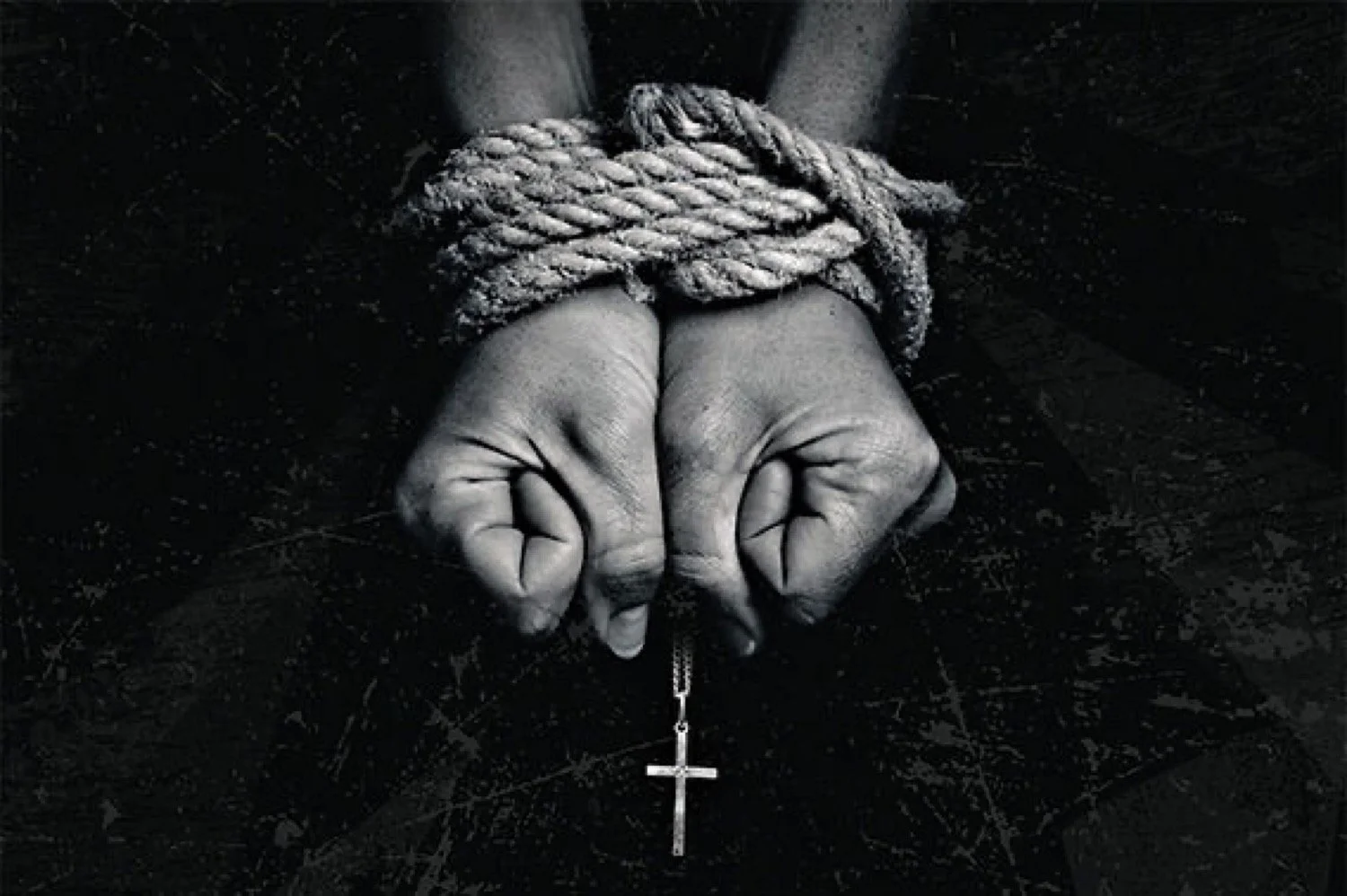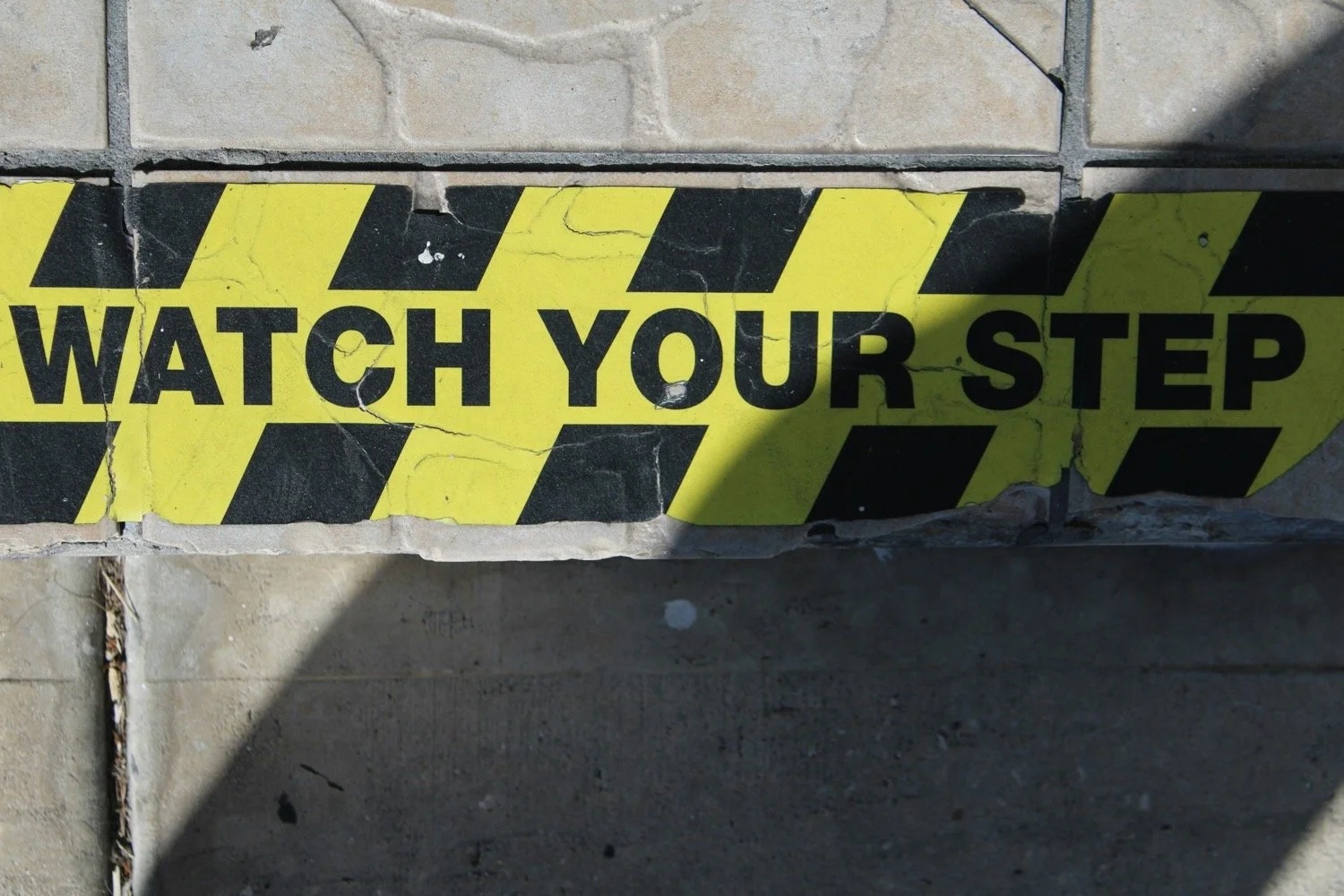Readings for today: Acts 12-14
It is amazing to read about Paul’s first missionary journey. Coming on the heels of persecution in Jerusalem which cost James his life and put Peter in prison, the church in Antioch responds to the call of the Spirit to send out missionaries to proclaim the good news of the gospel. Barnabus and Paul are chosen after a lengthy time of prayer and fasting and worship. They travel from Antioch to Cyprus to Perga which is a gateway city to the region of Asia Minor (modern day Turkey). From there, they hit the cities of Pisidian Antioch, Iconium, Lystra, and Derbe. All told, they travel around 1500 miles in about two years before returning to report the great news that many Gentiles are turning to faith in Jesus Christ!
Three things to note that will become paradigmatic for future missionary endeavors, including in our own day and age. First, the bold proclamation of the gospel. Paul was utterly convinced God had raised Jesus from the dead and that this was the fulfillment of all the promises given to Israel. Many have argued that Paul’s conversion represented a radical break with his prior Pharisaism. On the contrary! Paul himself argues that the resurrection of Jesus is the fulfillment of all he believed. “And we bring you the good news that what God promised to the fathers, this he has fulfilled to us their children by raising Jesus...” (Acts 13:32-33) Everything changed for Paul that day he met the Risen Christ outside of Damascus. He was confronted with the truth that everything he believed about Israel had now come true in Jesus Christ. Yahweh had indeed raised His Son from the dead in vindication of everything Jesus had taught. Far from being an enemy of the Jewish faith, Jesus was the fulfillment! And Paul’s zealous passion for the faith of his fathers now would make him the greatest evangelist the world has ever known.
Second, the proclamation of the gospel was confirmed by signs and wonders. Wherever Barnabus and Paul went, the sick were healed. Demons were cast out. People were set free from oppression. Paul shows no fear in confronting powerful witch-doctors like Bar-Jesus. He calls down God’s judgment on the man and strikes him blind. This was not an act of self-promotion. In fact, when the people of Lystra attempt to worship Paul and Barnabus because of the miracle they performed in making a lame man walk, they tore their garments. They refused to let it happen. They assured the people they were not gods but simply ordinary men serving the One True God, the maker of heaven and earth. No, the point of all the miracles and signs and wonders was to bring people to saving faith. To confirm the truth of the gospel they preached.
Finally, persecution. No matter where Paul and Barnabus went, they faced opposition. From the pagans in power like Bar-Jesus to the Jews who refused to receive their message. They were beaten. They were stoned. They were attacked and left for dead. The Word of God is a double-edged sword and it stirred the hearts of those who listened. Some received the good news with glad hearts and came to faith. Others perceived it as a threat and lashed out. There is no such thing as being neutral when it comes to Jesus!
Friends, this same dynamic is being played out the world over even today. My friends in Ethiopia, South Sudan, Uganda, and Djibouti all share similar testimonies. They boldly proclaim the gospel in villages, towns, and cities where it has never been heard. Their preaching is often accompanied by many signs and wonders and miracles. The sick are healed. The demon-oppressed set free. The dead are raised to new life. But these men and women face extreme persecution as well. Beaten. Stabbed. Shot. Imprisoned. Left for dead. Their families are attacked. Their livelihoods threatened. Some of them even lose their lives for the sake of the Kingdom. And yet, the “the Word of God continues to increase and multiply!” (Acts 12:24)
God is not done! Despite what you may or may not hear, He is still very much on the move! He will not rest or relent until the whole world hears the good news of the gospel! This is His will! This is His plan! And to this great end, He calls His church! This is the reason we exist! Not for ourselves but for the sake of the world! May we understand and embrace our calling to be missionaries in our communities and to the very ends of the earth!
Readings for tomorrow: James 1-5




